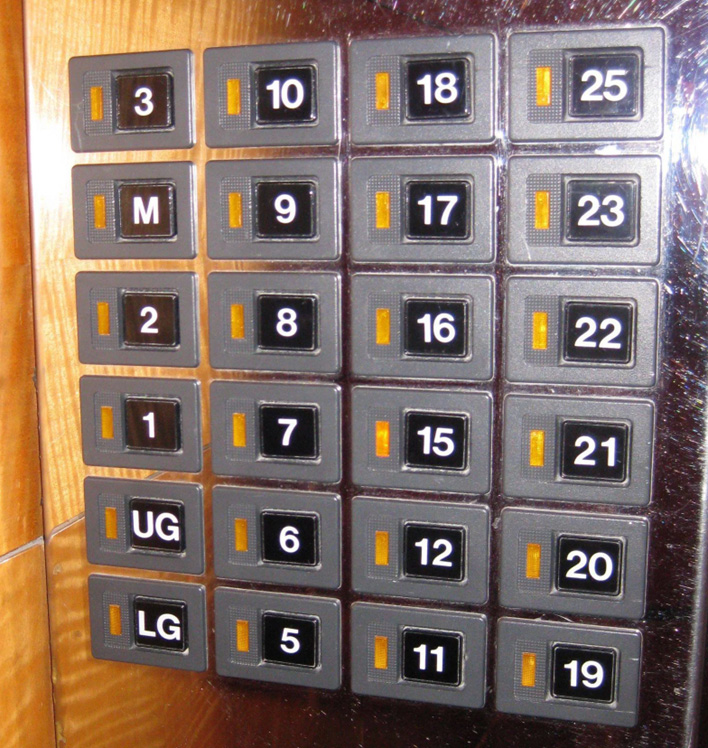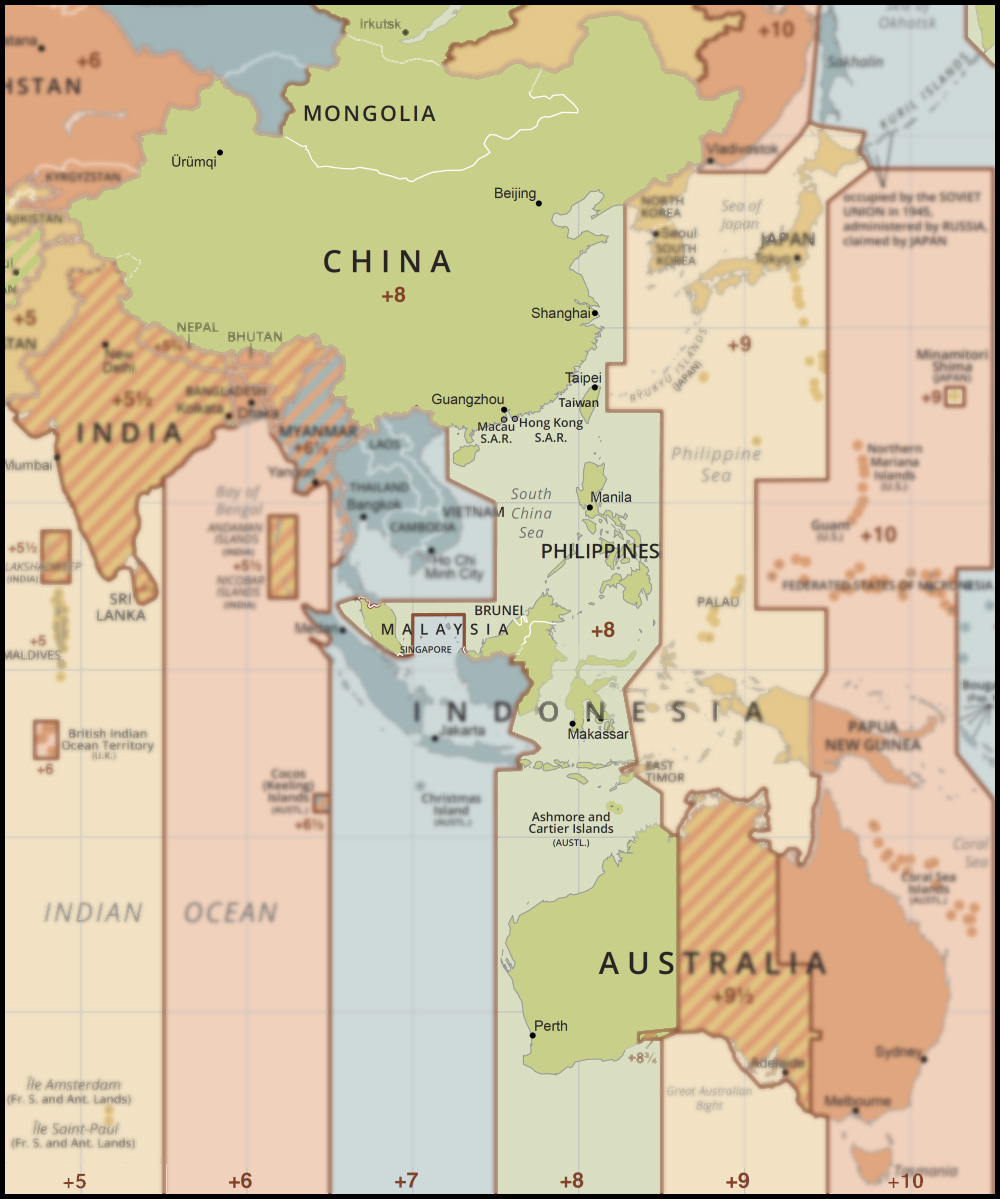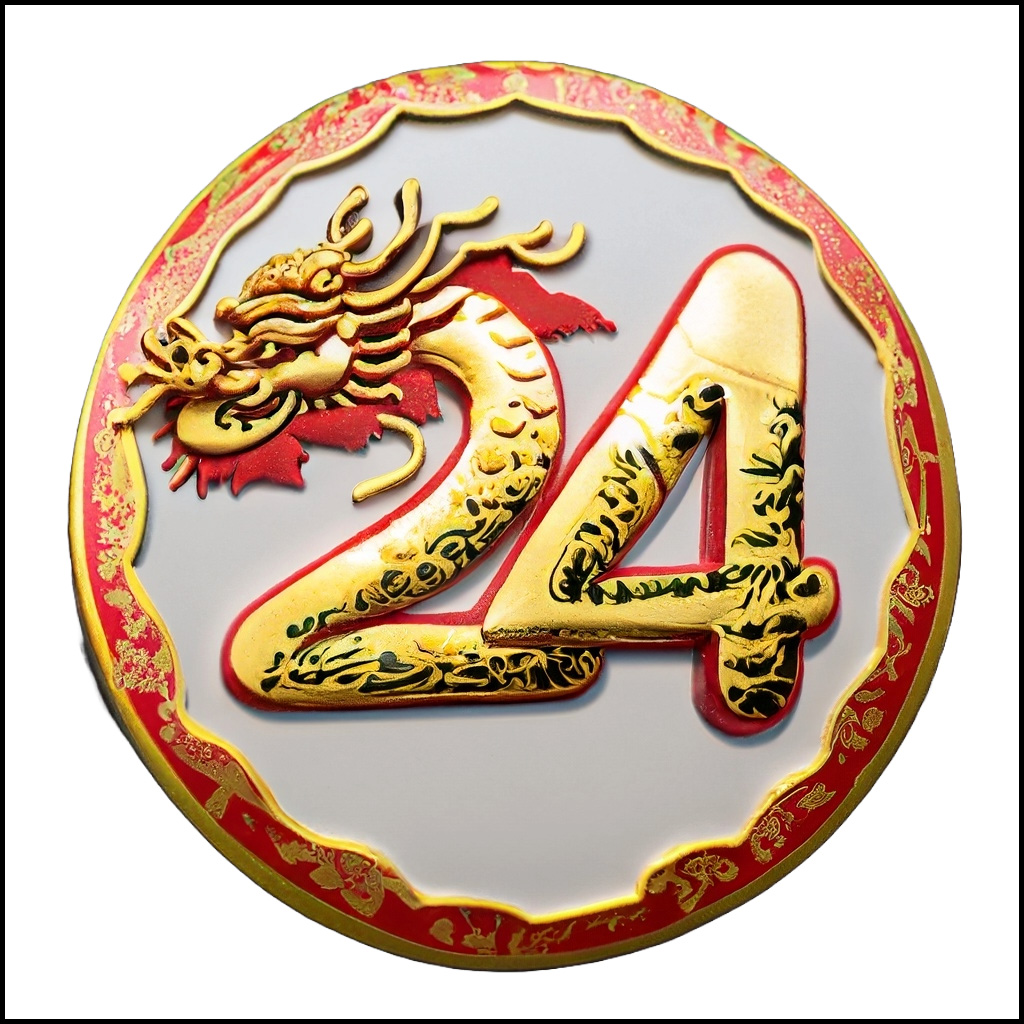Cultural Beliefs: Numbers
Sunday, October 8th 2023 — Multicultural Awareness, Stakeholder Engagement
Introduction
In today's rapidly globalised world, politicians, campaigners, strategic communicators, and political professionals are regularly engaging with diverse cultures, both within their constituencies and on the international stage. This exchange fosters a shared understanding and promotes harmony, yet it also raises an important question: How aware are we of the intricate nuances of the cultures we engage with?
Take, for instance, the significance of numbers in various cultures. These might seem like minor details to some, but in the broader scheme of cultural interactions, they hold substantial weight. While some might label them as superstitions, these numerical preferences and aversions have deep roots in cultural traditions and histories.
More than Just Numbers
In my first trip to Hong Kong, I encountered a fascinating example of how numbers and cultural traditions can directly affect a modern society. In a city bursting with modernity, the elevator in my hotel had conspicuously omitted the numbers "4", "13", and "14".
This wasn't a design error, but a deliberate choice reflecting deep-rooted cultural beliefs.
In Cantonese, the word for the number "4" sounds similar to the word for "death". Similarly, the number "13" is considered unlucky in many Western cultures.

Though younger generations might dismiss or play down these superstitions, they remain entrenched in societal norms and can influence decision-making. It is a testament to how enduring cultural beliefs can be, even in the face of sweeping modernisation.
Cultural beliefs and Politics
Now, one might wonder, what does this have to do with politics (or business) in Australia or anywhere else in the West?
- Understanding Cultural Sensitivities: For a politician or
anyone involved in multicultural engagement or strategic communications, awareness of these beliefs can help avoid unintended cultural faux pas. Such missteps can tarnish relationships or reputations, undermining the effectiveness of diplomacy or outreach programs. In many Asian communities, there still remains a strong emphasis on the importance of face* in a social, political, and business context in the current day.
- Building Trust: Demonstrating cultural awareness fosters trust with various communities. When political leaders respect and understand the beliefs and practices of their constituents, they are more likely to gain their trust and support.
- Broadening Appeal: For stakeholders, tapping into these cultural norms can help amplify their message. Campaigns that align with or respect cultural sentiments can be more effective.
Did You Know?
Japanese camera manufacturers have demonstrated notable sensitivity to cultural beliefs surrounding numbers. Fuji, for instance, bypassed a 'Series 4' line of cameras, moving directly from 'Series 3' to 'Series 5'. Canon, another Japanese giant, introduced its Powershot G15, intentionally skipping the G13 and G14 models.
Such considerations are not exclusive to Japan. For instance, Singapore Airlines reserves flight numbers for its routes to China with the number 8. Malaysia's iconic Petronas Towers each boast 88 floors. Even time zones join the trend, with UTC+8 serving as the standard time across diverse regions like Mainland China, Hong Kong, Macau, Taiwan, the Philippines, and Singapore.

By contrast, European car manufacturers, such as BMW and Volvo, have encountered resistance in certain markets due to the phonetic resemblances of some of their model numbers. For instance, the BMW 528i and Volvo 240 faced challenges because their number combinations sound similar to phrases with inauspicious connotations.
The Way Forward
It's crucial to note that recognising cultural traditions doesn't mean pandering to them. It's about understanding and respect. Even if younger generations view these beliefs as old-fashioned, they still form an intrinsic part of their cultural fabric.
As Australia continues to grow and diversify, political leaders, staff, and other stakeholders will increasingly engage with constituents from varied cultural backgrounds. Recognising, understanding, and respecting their unique beliefs and practices – even those as seemingly trivial as number superstitions – will be vital.
In the realm of the public policy arena, where the stakes are high and margins often slim, cultural sensitivity isn't just a virtue; it's a necessity.
Numbers to be aware of
In many cultures, numbers carry special meanings beyond their numerical value. This significance can arise from:
- Superstitions: Certain numbers may be considered lucky or unlucky based on historical and cultural beliefs, and can vary between cultures.
- Phonetic Resemblance: In languages such as Mandarin and Cantonese, certain combined numbers sound like phrases that maybe offensive or inauspicious.
- Political Connotations: Some numbers hold politically sensitive meanings, especially in specific contexts or regions.
It's crucial to be aware of these associations when interacting across different cultures to avoid inadvertently causing offence or miscommunication.
| Number | Culture(s) | Significance |
|---|---|---|
| 0 | Cantonese/Mandarin | Lucky |
| 1 | Cantonese/Mandarin | Lucky |
| 2 | Cantonese/Mandarin | Lucky |
| 3 | Cantonese/Mandarin | Lucky |
| 3 | Vietnamese | Unlucky |
| 4 | Cantonese/Mandarin/Japanese | Unlucky |
| 5 | Cantonese/Mandarin | Both Lucky/Unlucky* |
| 6 | Cantonese/Mandarin | Lucky |
| 7 | Cantonese/Mandarin | Both Lucky/Unlucky* |
| 7 | African | Unlucky |
| 8 | Cantonese/Mandarin | Lucky |
| 9 | Cantonese/Mandarin | Lucky |
| 9 | Japanese | Unlucky |
| 13 | Cantonese/Mandarin/Western | Unlucky/Superstition |
| 13 | Italian | Lucky |
| 17 | Italian | Unlucky |
| 23 | Hong Kong (SAR) | Politically Sensitive |
| 24 | Cantonese | Unlucky |
| 39 | Afghan | Unlucky |
| 44 | Cantonese/Mandarin | Unlucky |
| 64 | People's Republic of China | Politically Sensitive |
| 69 | Western | Rude |
| 167 | Cantonese | Rude |
| 169 | Cantonese | Rude |
| 250 | Cantonese/Mandarin | Rude |
| 228 | Taiwan | Politically Sensitive |
| 304 | Western | Promiscuous (Avoid) |
| 420 | Western | Drug Related (Avoid) |
| 444 | Cantonese/Mandarin | Unlucky |
| 666 | Christian | Anti-Christian (Avoid) |
| 666 | Cantonese/Mandarin | Lucky |
| 689 | Hong Kong (SAR) | Politically Sensitive |
| 748 | Cantonese/Mandarin | Rude |
| 1679 | Cantonese | Rude |
| 5354 | Cantonese | Unlucky Phrase |
| 7456 | Cantonese/Mandarin | Rude |
| 8964 | People's Republic of China | Politically Sensitive |
| 9413 | Cantonese | Unlucky Phrase |
By being conscious of these linguistic and cultural intricacies, one can navigate their constituencies with increased sensitivity, avoid inadvertent missteps, and deepen connections across different communities.
Where should you be mindful of these numbers?
Consider the influence of numbers in places that directly touch people's lives or that are frequently seen. If a large portion of your audience or constituency is from a culture that attaches significance to certain numbers, it would be prudent to pay attention to:
- Buildings: The floor numbering, apartment numbering, etc.
- Addresses: House or property numbers.
- P.O. Boxes: Numbers used for your campaign or electorate office mailbox.
- Phone Numbers: Especially those used in official or public communication.
- Dates: When planning for significant events, especially inaugurations or openings, agree on dates that hold cultural importance.
Opting for addresses, P.O. Boxes, or phone numbers with fortunate or auspicious numbers (like P.O. Box 8888) can offer dual benefits: they're easily memorable and show your commitment to cultural understanding. On the other hand, avoiding inauspicious or offensive numbers can prevent unintentional harm or misinterpretations.
Be considerate with dates and plan ahead. If you're inaugurating a Chinese temple, opting for the 8
In addition to specific numerical beliefs, some cultures perceive odd and even numbers differently. For instance, many Indian cultures consider odd numbers to be lucky, while many Asian cultures have a preference for even numbers (excluding the number 4). Beyond numbers, colours too have their own set of cultural associations and beliefs, though that topic falls outside the scope of this article.
For those interested, there's a separate article designed to guide Westerners in Singapore on how to engage with differing cultural norms. Although it's tailored to the Singaporean context, many of the norms discussed can also resonate with and apply to Australian communities:
A Hypothetical Scenario: The '24 Misstep in 2024
Let's consider a hypothetical situation set in the near future (the 2024 Lunar New Year), highlighting the implications of not fully grasping cultural nuances. We'll use the real world suburb of Box Hill just outside of Melbourne, in Victoria.
According to the 2021 census from the Australian Bureau of Statistics, Cantonese speakers make up 7.1% of the Box Hill population, while a significant 27.4% speak Mandarin
Anticipating the 2024 Lunar New Year celebrations for the Year of the Dragon, the local government planned a grand event. Eager to unite the locale's spirit with the importance of the year 2024, a local politician introduced a special gesture: distributing badges at the event that showcased a dragon combined with the numbers "24". The badges were handed out to event attendees and children in the crowd by volunteer university students who supported the local politicians political party.

However, unknown to both the politician and the volunteers, the number "24" holds an inauspicious connotation in Cantonese, phonetically resembling the phrase "easy to die" (易死, Cantonese Yale: yih séi). To highlight this number during a celebration that encapsulates life, hope, and new beginnings was, unfortunately, an unintentional cultural oversight.
While the badges were designed with a spirit of unity and appreciation, the phonetic implications of the number in Cantonese led to unintended unease.
Many attendees, despite acknowledging the overall efforts to celebrate their culture, opted not to accept or wear the badge, to the confusion of the volunteers. Some attendees discreetly voiced their concerns to a local newspaper reporter, who then approached a group of the volunteers and asked to take a photo of the team whilst they held out the badges towards the camera. The scoop made the front page of the news the following week.
This hypothetical incident underscores the imperative of delving deep into cultural intricacies. It shows that even with the best intentions, a thorough understanding is crucial for genuinely effective and harmonious inter-cultural engagements.
Conclusion
Paying attention to cultural nuances goes beyond mere politeness - it's a hallmark of effective leadership. Those engaged in multicultural stakeholder management, strategic communications, or other areas related to cultural engagement within the public policy process must pro-actively demonstrate understanding and respect, even in seemingly minor details.
While many today do see the significance of numbers as minor, it still matters in certain contexts, and it's a gesture that doesn't go unnoticed.
When inadvertent mistakes do occur, it's essential to address them promptly. Engage with affected stakeholders to collaboratively identify a solution. After all, leaders don't always need to be at the forefront, blazing the trail. Sometimes, their true strength shines through when they listen, reflect, and act, embodying the essence of genuine leadership.
Before wrapping up, there's a little Easter egg for the readers of this article: the article was published on the 8